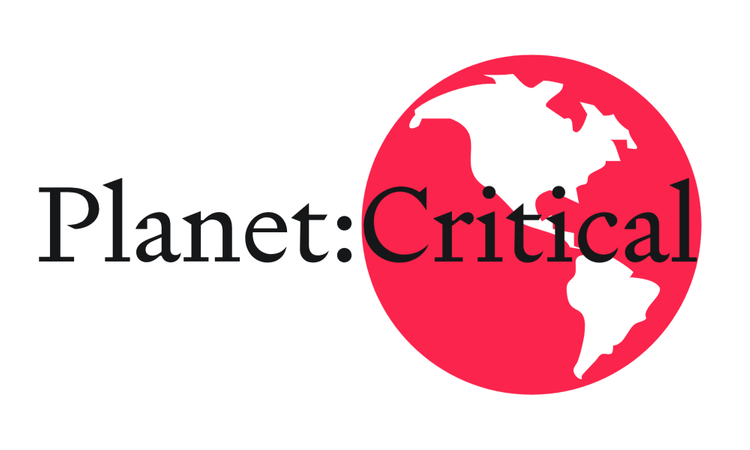Macroeconomic ABM - some 2021 highlights

It has been a while since I posted on here! Today, I am writing for those who may not be very familiar with ABMs and will be presenting three papers from 2021 that take different approaches to answering macroeconomic problems using ABMs. I should mention that in the last year many papers have built ABMs in combination with COVID-19 infection models. I haven't any of included these today to focuse on the more general macroeconomic policy. Nonetheless, these also represent a group of "policy-relevant" ABM papers.
Mission-Oriented Policies and the ”Entrepreneurial State” at Work: An Agent-Based Exploration (Dosi et al., 2021)
During my undergraduate studies, I read Mazzucato's Entrepreneurial State. At the time I thought it was interesting to have the government to target innovation through invested. After all, in historically a lot of technology was developed in this way (usually related to war). At the same time, there are always questions about how effective it would be in areas like climate. My impression of most analytical models is that one ex ante specifies the degree of technological improvement or the effect of spending on technology. That is, you pre-assume the outcome of what you are studying.
In this case, an Agent-based model, where the effects are less directly assumed might be helpful. Dosi et al's (working) paper applies this approach in the Keynes meets Schumpeter model class, where firms themselves are responsible for risky R&D. In doing so they can assess both the short and long-run performance effects of alternative innovation policies. Their findings are encouraging: all innovation policies spur GDP growth, with a larger impact of directed policies due to positive hysteresis. That is rather than crowding out private investment (as pure market theory might suggest), targeted public investment crowds in private investment, likely because there is thus a higher probability of success.
One caveat is that the entrepreneurial state policies only show up in the long-term. In a practical sense this may make them policitcally unattractive since there may not be immediate impacts. On that count, my hope is that the U.S. democrats' infrastructure plan and reconciliation will remain in place to have such long-term effects for innovation on climate policies. See the full working paper here, and the recent versino of the K+S model here.
Heterogeneous expectations, forecasting behavior and policy experiments in a hybrid Agent-based Stock-flow-consistent model (Reissl, 2021)
I like this paper because it addresses one of the core economic questions, the realistic process of expectation formation in an economic environment. We all have some expectation of the future, and plan accordingly. The assumption about how we form these expectations is foundational in economic models (it can be a political position), and includes rational expectations, heuristics, switching behavior, and rules of thumb, amongst a wide range of other forms and names.
In the paper Reissl does something quite interesting: he takes an agentised model (one group of agents is agent-based and the remaining economy is modeled at the aggregate) of banks and changes their forecasting methods to ascertain how policy responses, including monetary policy, fiscal policy, and prudential regulation are affected.
It turns out, the heuristic matters quite a bit; in an unstable economic environment each different heuristic requires a different stabilizing policy (this was also found by Dosi et al. (2020). However, Reissl also shows that in a stable environment (slow adaptation in consumption and decisions), the different heuristics all lead to essentially the same outcome. The result? A sense of ecological rationality... the best rule depends on the context, and might change. Looking at the cyclical and somewhat unstable nature of our society, I would venture to guess that the former, is a more relevant scenario that should inform policy – the same policy doesn't always lead to the same result!
Some related papers: Dosi et al. (2020) and Seppecher et al. (2019)
Inequality and finance in a rent economy (Botta et al., 2021)
Both politically and academically, inequality is a topic of much debate. In this recent paper, Botta et al. consider how financialization (through securitization and shadow banking) can generate wealth inequality. In particular, they model the investment in securities as a means to increase wealth and consumption. The ensuing demand for more return generating assets leads to securitization (e.g. the whole CDO mortgage industry in 2008-09). The consequence of this feedback is a rent-seeking or exploitation economy, which means that the ultimate motive behind the creation of securities is no longer the financing of productive investment (for instance into infrastructure) but the remuneration of rent-generating activity by ever more complex products, and eventually the over-indebtedness of lower- and middle-income households.
Their results are what I imagine one can guess from the previous paragraphs: credit booms where low- and middle-income households use debt despite increasing inequality. The credit booms temporarily compensate for the effects of higher inequality (lower aggregate demand when one cannot borrow), but the whole system becomes very unstable. In fact, higher exogenous wage inequality together with a non-progressive tax regime turns out to be detrimental to growth!
The reason I like this paper (see it here) is that it combines two important topics that are often modeled individually. I believe that Agent-based Models are a great tool for exploring and researching the interplay of these types of topics, that may be linked in big-picture pieces but not necessarily in actual models. These models could then be systematically analyzed and reduced (a project I am currently working on) in order to tease out key variables and feedbacks driving these emergent properties.
Keeping up with Macro ABM research
Keeping up to date on new research can be overwhelming, whether it is identifying all the new papers, or getting behind what is worthwhile reading. Some things I have found useful to me (and which led to the discovery of these papers):
- Subscribing to the New Economics Papers email lists for your topic of interest. These are sent out weekly, and include most of the recent working papers publishes
- Use tools like citationgecko or connectedpapers to source relevant papers or find the key papers that were cited by others.
- Finally, one can brute force search EconLit for Agent-based Models to source all models related to macroeconomics. I did so earlier to find out which journals and authors to follow, and gather an initial reading list.





